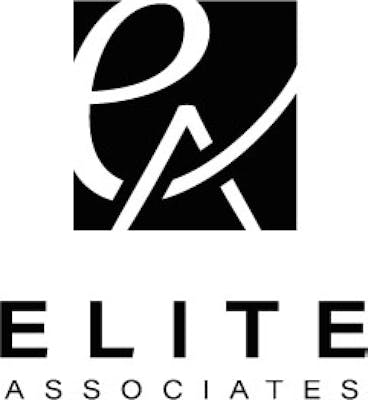
| CIN | Not Available |
|---|---|
| Year Established | Not Available |
| Address | Not Available |
| Company Status | Not Available |
Overall Case Outcomes
Introduction
When it comes to selecting a builder for your dream home, it's essential to assess their credibility and past performances. This post focuses on Elite Associates, a builder currently operating in Chhattisgarh. We'll delve into their legal standing based on the available data, analyze their performance regarding complaints, and provide some essential tips for potential buyers.
Overview of Elite Associates
Elite Associates has a notable record with only 1 complaint filed against them, alongside 0 cases won and 1 case lost. While these statistics may suggest a relatively quiet operational history, a deeper examination reveals critical insights regarding their legal challenges and project integrity.Legal Case Analysis
Cases Filed Against the Builder Where They Won:- Case Summary: The appellant claimed that the project was illegal due to the non-submission of the completion certificate. In response, Elite Associates defended that they had complied with all required regulations …
Cases Lost by Builder (When Defending)
Yearly Trend for these Cases
Common Topics
Analysis of the cases filed against the builder Elite Associates, which it lost, reveals several key themes across the disputes. The cases can be broadly categorized into two primary topics: non-compliance with municipal orders and disputes over project legality.
In the realm of non-compliance, the builder faced challenges due to allegations of not adhering to the necessary legal and regulatory requirements. This often revolved around the submission of proper documentation, such as completion certificates, which are essential for validating a project's legitimacy. The builder's defense typically hinged on claims of adherence to rules and obtaining requisite certificates, yet the outcomes suggest a pattern where the builder may have either misinterpreted regulatory requirements or failed to fulfill them adequately.
The disputes over project legality generally stemmed from claims made by the appellants that the builder's projects were illegal, often citing the lack of appropriate certificates as evidence. This highlights a significant …
Builder Reviews
No reviews for this builder yet. Be the first one to share your thoughts!
Submit Your Review
Interested in buying from ELITE ASSOCIATES?
Leave your details – our team will call you back within 5 minutes.